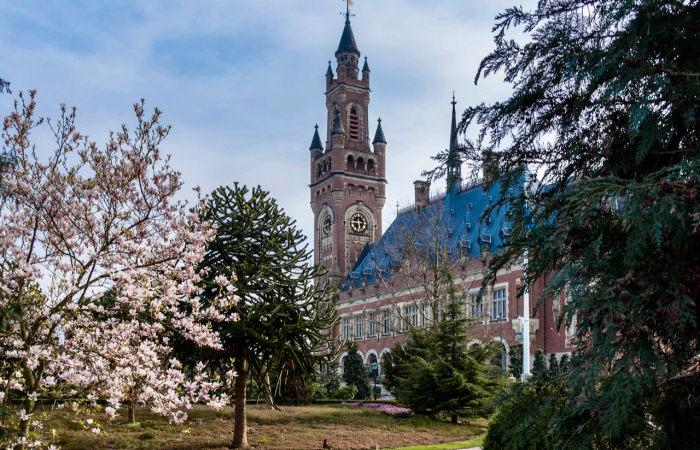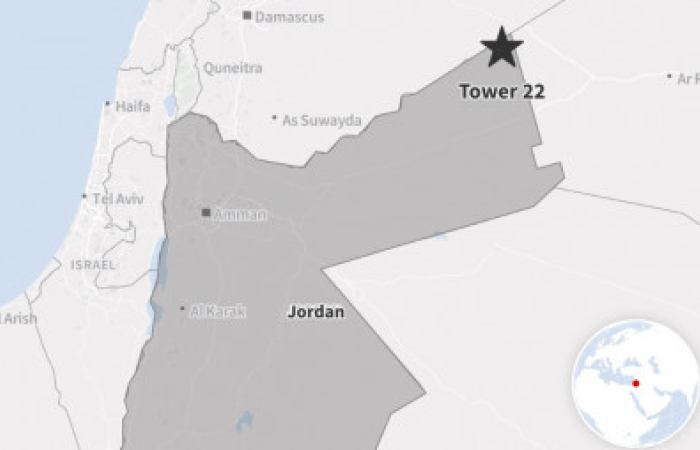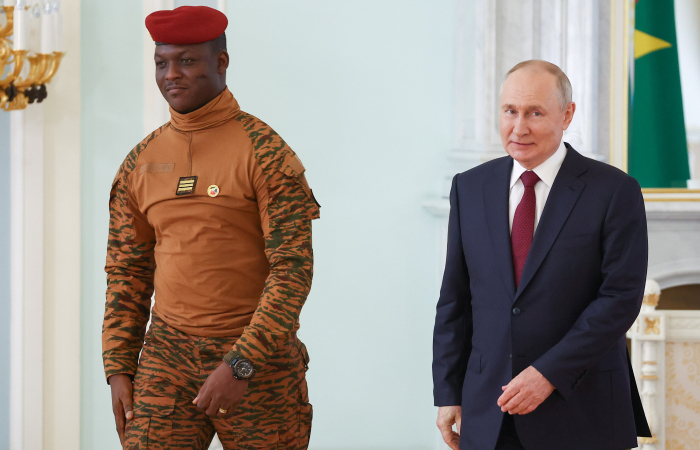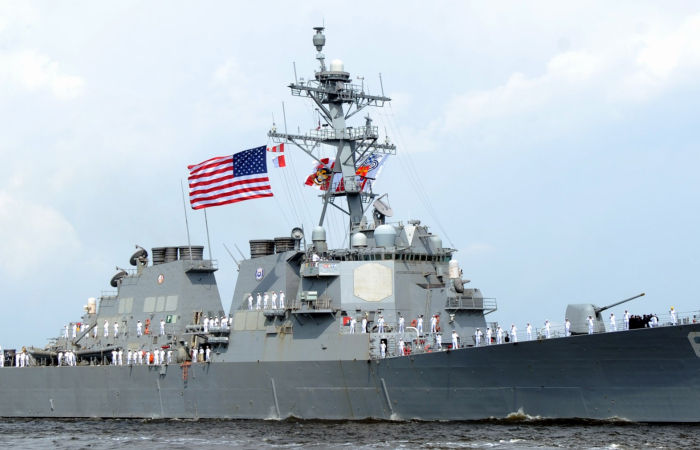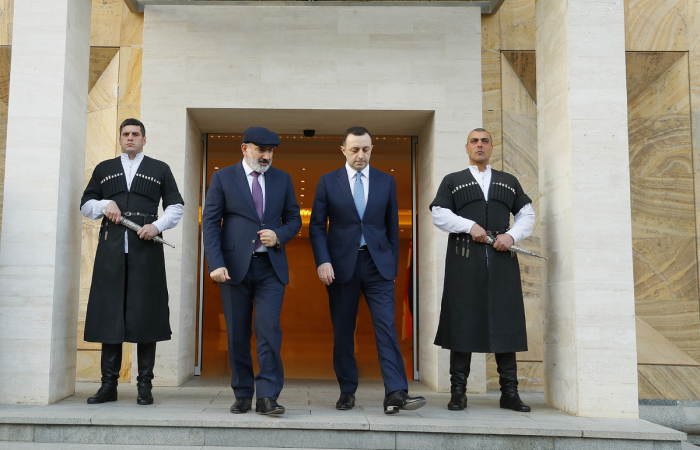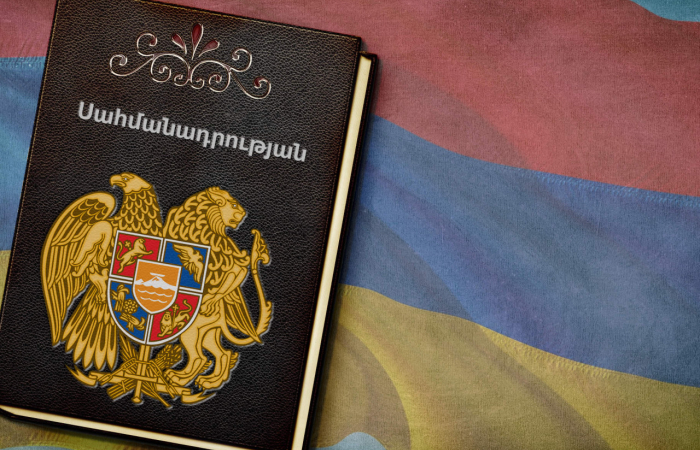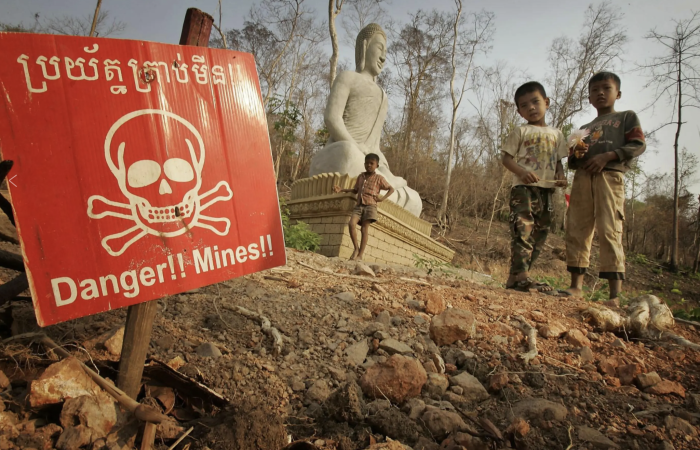Trending
Opinion: The ICJ ruling on the “South Africa v. Israel” case is a step in the right direction, but not decisive enough
30 January 2024
On Friday (26 January) the International Court of Justice (ICJ) in the Hague ruled on whether emergency measures are required until a final decision is taken on the South Africa’s genocide case against Israel. The judges ruled that Israel must act to stop genocide in Gaza and allow the flow of humanitarian aid and basic services. Although this verdict is legally binding on the parties involved and a step in the right direction, the ICJ lacks enforcement power. The Court needs the U.N. Security Council (UNSC) to enforce its decision through mechanisms such as sanctions or even military intervention, however, the UNSC is unlikely to do so given the United States’ traditional shielding of Israel through the veto power. Moreover, the Court did not demand a ceasefire that would require Israel to stop its operation in the Gaza Strip. This disappointed many who consider an immediate ceasefire by all parties as being essential in order to end the suffering on civilians.



